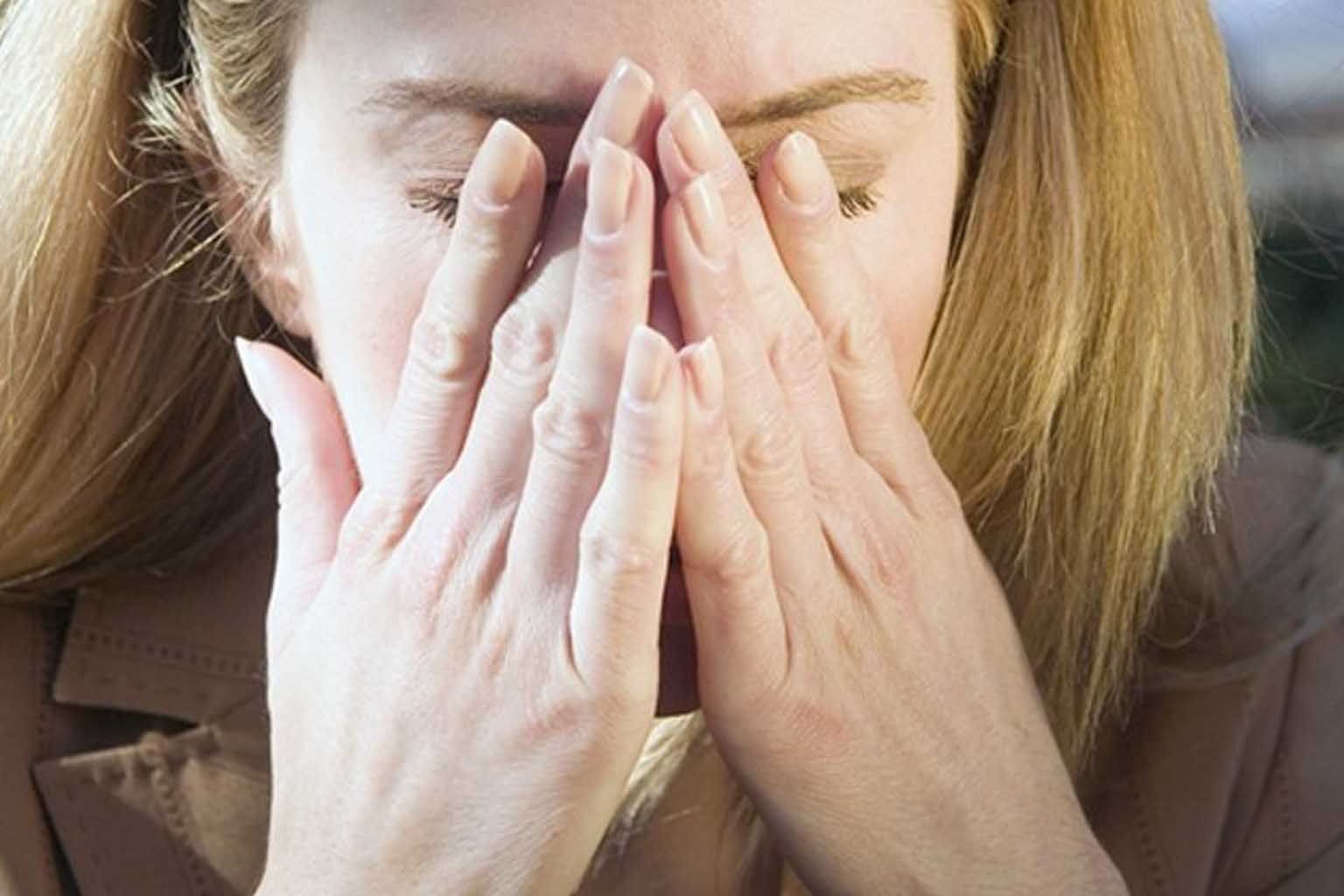Yes, you can easily read emotions on someone’s face, but did you know that your face might reveal certain bigger health issues? In other words, your face could suggest signs of disease or health problems. This might be quite immediately evident to doctors or others in the medical profession, but here are some tips for us laypersons who want to know more about how to spot these issues.
Things Your Face Can Reflect About You
What could you be missing when you’re casually doing your makeup or brushing your hair, looking in the mirror?
1. Yellowish Eyes and Skin
You might have jaundice if your eyes and skin look yellow. When red blood cells are destroyed, it leads to an overproduction of bilirubin, which causes the yellow tint. This is a dead giveaway for jaundice, which can also be accompanied by fever and chills, stomach pain, and flu-like symptoms. In babies, jaundice is quite common and usually not very serious, but in adults, it could be more serious.
2. Excess Facial Hair
Don’t panic, it’s quite common to have some facial hair on your face as a woman. Especially if it’s genetic and you’ve always had a little extra. But if you’ve got more hair than you think is normal for you, along the chin, your jaw, or on your upper lip, it might be a symptom of Polycystic ovary syndrome (PCOS). Irregular periods, weight gain, excessive acne, and excessive hair growth are common symptoms of PCOS. If you have these in addition to excess hair, then you should contact your gynecologist immediately.
3. A Butterfly Rash
While lost rashes will go away after a while with no harm done, a butterfly rash will appear on your face in the vague shape of a butterfly over the cheeks. This is a symptom of a serious autoimmune disease called lupus. Lupus causes inflammation and swelling to several body parts. It makes your immune system attack the body. At present, there’s no cure for it, but there are ways to minimize the symptoms.
 A Butterfly Rash
A Butterfly Rash4. Bags Under Eyes
Purplish or bluish colors appearing under the eyes can be a sign of sleep apnea or hypothyroidism. The area under your eyes can fill with fluid and that makes them look swollen. So this can be caused by a lack of sleep or hormonal changes in the body. And if your eyes itch a lot and are looking red, that might be because you’re having some kind of allergic reaction to things like pollen, dander, or makeup. Dark circles can also signify a lack of sleep and allergies.
5. Dry Lips
Dry lips, believe it or not, are not just a sign that winter’s on its way, or that you haven’t been using your lip balm regularly. It can also be an indication that your body is dehydrated. Dry skin could also indicate this. It could also be related to sweat gland functioning, so you could have hypothyroidism (in which case, you might also be dealing with colds, weight gain, and a general feeling of tiredness) or diabetes. You might also have eczema, dermatitis, or an allergic reaction.
6. Hairfall
If you find you’re losing your eyebrows or your hair, you could have an autoimmune condition like alopecia. Hair can be lost in some specific areas of the body, or all areas of the body. You might have this particularly if there’s a history of it in your family. The areas where you’ve lost hair might be sensitive or painful. There isn’t a cure for it, but there are a few ways to manage the symptoms out there.
 Hairfall
Hairfall7. Sores
If you have cold sores around your lips and mouth, it’s probably because you have herpes (type 1). It’s a long-term condition, and it doesn’t necessarily have to be passed through sexual contact, but can be transmitted through the saliva. Type 1 herpes usually causes more mouth sores. There is no cure yet, and you might find you get sores when your body is particularly strained. Usually, they don’t last more than 10 days at a time. You can get medication to manage this.
So your face can tell you a lot about whether there are some changes in your body you need to be concerned about. Make sure to keep an eye out!
Also Read; What Your Nose Shape Says About Your 40s

